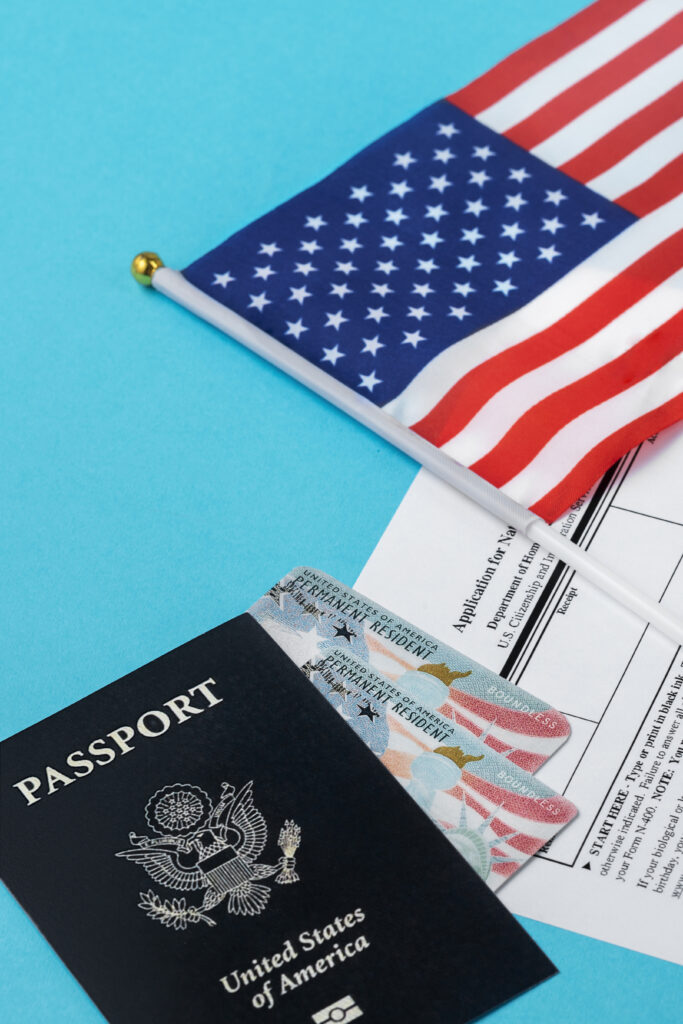
US Travel Ban Update 2025: Countries Affected, Visa Implications, and What Travelers Need to Know
The US travel ban update’ approach to international travel ban is expected to continue evolving in 2025, particularly in response to shifting global dynamics. Travel ban 2025, once temporary measures to mitigate health crises or address national security threats, have become important tools for shaping U.S. foreign policy and border control.
As of mid-2025, the US travel ban several key developments have emerged regarding the U.S. travel ban. These include updated lists of affected countries, visa restrictions, humanitarian exemptions, and the growing debate about the impact of such a ban on diplomacy, immigration, and human rights policy regarding the ban update.
In this comprehensive update on US travel ban, we explore the current status of the U.S. travel ban in 2025, the reasons behind these restrictions, the countries most affected, and what travelers, visa applicants, and immigrants need to know moving forward.
What Is a Travel Ban?
A travel ban refers to a set of government-enforced restrictions that limit or prohibit individuals from entering the United States based on factors such as nationality, security risks, health concerns, or political affiliations. Travel bans may be temporary or indefinite and often apply to specific groups, such as tourists, refugees, asylum seekers, or business travelers.
The U.S. government typically issues travel bans through Presidential Proclamations, executive orders, or Department of Homeland Security (DHS) policy updates. These are enforced by agencies like Customs and Border Protection (CBP) and the U.S. Citizenship and Immigration Services (USCIS).
Why Does the U.S. Impose Travel Bans?
The motivations behind travel bans vary and may include:
- National Security: Preventing the entry of individuals linked to terrorism or espionage.
- Public Health: Limiting entry from countries experiencing outbreaks (e.g., COVID-19, Ebola).
- Immigration Control: Enforcing caps on refugee or asylum programs.
- Diplomatic Pressure: Encouraging policy changes in countries of origin.
- Political Sanctions: Punishing regimes with records of human rights abuses or military aggression.
In 2025, a combination of public health concerns, foreign policy shifts, and national security priorities has shaped the latest wave of travel bans.
US Travel Ban Update: Key Changes in 2025
1. New Presidential Directive on National Security
In March 2025, the Biden administration signed Executive Order 14277, updating the list of countries facing travel restrictions. This new order replaces portions of earlier proclamations issued in 2023 and 2024, citing intelligence concerns and cross-border threats.
Affected countries include:
- Iran
- North Korea
- Russia (partial visa bans)
- Somalia
- Yemen
The order emphasizes the need to protect against potential espionage and cyber threats, with particular scrutiny on individuals with military or intelligence ties.
2. Post-COVID Restrictions Officially Lifted
In a major development, all pandemic-related travel restrictions have been lifted as of January 2025. This includes the repeal of vaccine requirements and COVID testing for all incoming travelers, regardless of nationality.
Key points:
- No vaccination proof required.
- No mandatory quarantines.
- Full resumption of visa processing at consulates worldwide.
This marks the official end of the pandemic-era travel protocols that had been in place since 2020.
3. Temporary Ban on Entry from Sudan and Chad
In response to political instability and the escalation of armed conflict in Sudan and Chad, the U.S. imposed a temporary suspension of visa issuance for nationals of both countries in April 2025. The ban targets non-immigrant categories such as:
- B1/B2 (Tourism & Business)
- F1 (Student)
- H1B (Work Visa)
Exceptions are made for:
- Humanitarian parole
- Immediate family of U.S. citizens
- Special immigrant visa applicants (interpreters, allies)
The ban is expected to be reviewed in September 2025.
4. Sanctions-Based Travel Ban on Russian Officials
As part of a broader sanctions package related to the ongoing Ukraine conflict, the U.S. has enacted visa bans on over 700 Russian officials and affiliated business leaders. This move is symbolic but has real consequences for travel, investments, and diplomatic relations.
Affected individuals include:
- Government ministers
- Oligarchs and executives from sanctioned companies
- Military commanders
These individuals are ineligible for entry, green cards, or U.S. assets.
5. Improved Waiver Process for Affected Nationals
Acknowledging humanitarian concerns, the Department of State has streamlined the waiver application process for individuals from banned countries. This applies particularly to:
- Medical emergencies
- Family reunification
- Victims of political persecution
Applicants can now apply through a dedicated Waiver Request Portal launched in May 2025. The average review time has been reduced from 6 months to 45 days.
Countries Affected by the US Travel Ban in 2025
| Country | Type of Restriction | Start Date | Status as of July 2025 |
|---|---|---|---|
| Iran | Full travel ban (security) | 2017 | Still in effect |
| North Korea | Full travel ban | 2017 | Still in effect |
| Russia | Partial ban (specific individuals) | 2022 | Ongoing |
| Sudan | Temporary suspension (visa issuance) | April 2025 | To be reviewed in Sept 2025 |
| Chad | Temporary suspension (visa issuance) | April 2025 | To be reviewed in Sept 2025 |
| Yemen | Enhanced vetting + restricted visas | 2018 | Reinforced in 2025 |
| Syria | Refugee freeze & limited visas | 2016 | Still active |
Who Is Exempt From the US Travel Ban?
Despite the broad application of travel bans, several categories of exemptions may still allow entry into the U.S.:
- U.S. Citizens and Green Card Holders
- Diplomatic or UN-credentialed officials
- Asylum seekers (under credible fear screening)
- Individuals granted waivers for humanitarian or public interest
- Immediate family (spouse, children under 21) of U.S. citizens
Travelers falling into any of these categories are advised to consult the U.S. embassy in their region before planning travel.
Impact on Visa Applications and Processing
Longer Wait Times for Visa Interviews
Travel bans, particularly in conflict zones, have led to closures or reduced staffing at consulates, causing extended delays. In affected countries, the average wait time for a non-immigrant visa interview exceeds 180 days.
Alternative Processing Locations
The Department of State recommends that applicants from affected countries apply in third-country embassies, such as:
- Turkey (for Iran/Syria)
- Kenya (for Sudan/Chad/Yemen)
- Georgia (for Russia)
Electronic Visa Status Updates
Applicants can track their status through the CEAC (Consular Electronic Application Center) website. In 2025, this system will be enhanced with multilingual support and mobile accessibility.
What Travelers Should Do in 2025
1. Stay Informed
Regularly check updates from:
- U.S. State Department – Travel Advisories: travel.state.gov
- Customs and Border Protection (CBP): cbp.gov
- CDC for health advisories: cdc.gov
2. Prepare Supporting Documents
For those seeking waivers or emergency travel clearance, prepare:
- Medical records (if seeking treatment)
- Family relationship proofs
- Letters of invitation or affidavits
- Documentation of persecution or threats (for asylum)
3. Use Legal Assistance
Due to the complexity of bans and waivers, travelers are strongly advised to consult a licensed U.S. immigration attorney, especially for asylum, SIVs, or parole applications.
Political Debate Around Travel Bans in 2025
The topic of travel bans remains a highly political and divisive issue in the U.S. Congress. While national security agencies support their necessity, critics argue that:
- Bans disproportionately affect innocent civilians.
- They weaken diplomatic ties.
- They contribute to anti-immigrant sentiment.
Civil rights groups like the ACLU and Human Rights Watch continue to challenge bans through litigation. Several lawsuits are pending in federal courts, particularly around bans affecting refugees and students.
Conclusion: What the Future Holds
As of July 2025, U.S. travel bans remain a crucial component of its national security and foreign policy framework. But the pandemic-era restrictions are now history, geopolitical conflicts and regional instability have taken center stage that leading to travel bans. The landscape is likely to evolve further as elections, diplomacy, and legal challenges shape American immigration policy.
Travelers, visa applicants, and those with family in affected countries should remain proactive, informed, and prepared to navigate a complex but not insurmountable system. With proper planning and legal guidance, even those from restricted nations may find a path to entry under the current waiver system.
Related content:





